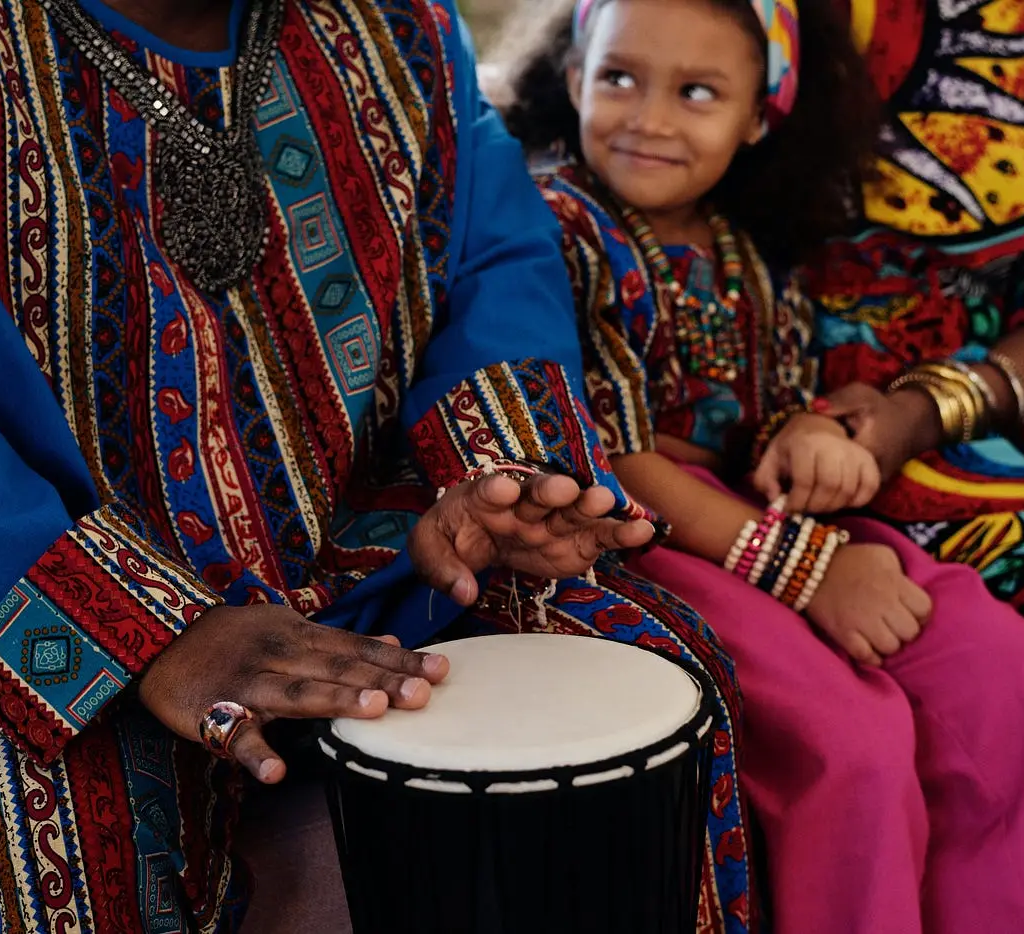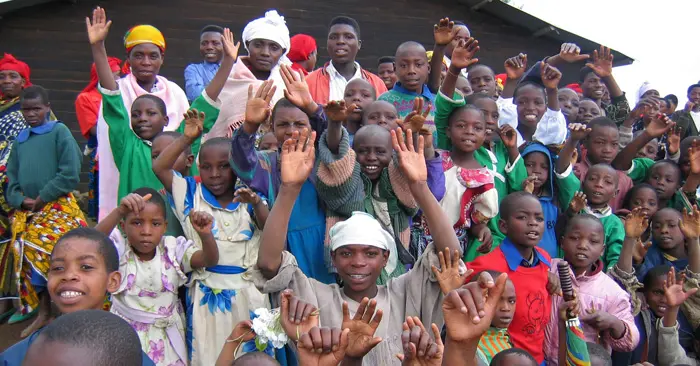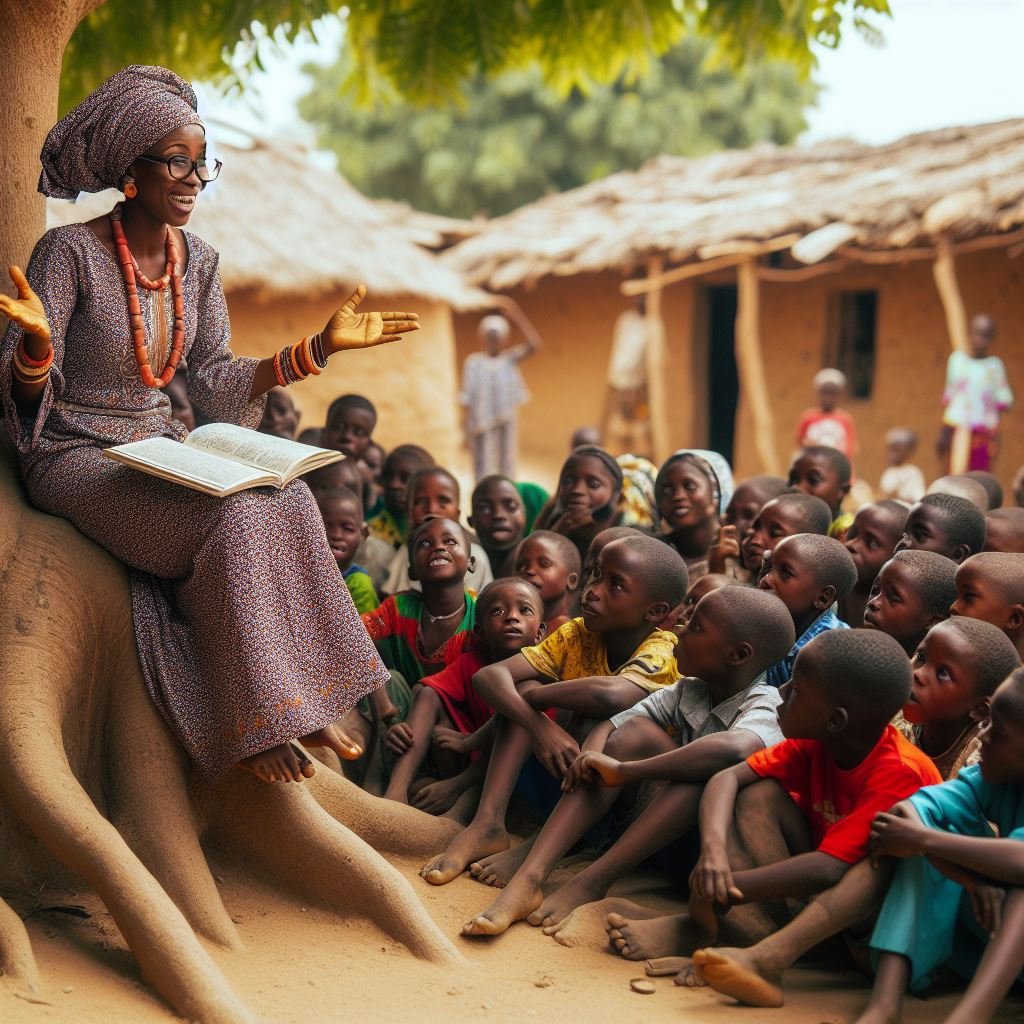Introduction: Why African Traditions Are More Than Just History

Have you ever wondered why African traditions are still alive and kicking after thousands of years? It’s not just about preserving old customs — it’s about staying connected to identity, community, and a way of life that brings so much meaning and value. Preserving African heritage through these traditions ensures that vibrant, living practices continue to impact everything from family bonds to health and even business, keeping the culture thriving for generations to come.
In this article, we’re diving deep into the benefits of African traditions — why they matter and how they continue to influence millions of lives. Whether you’re curious about culture, looking for ways to connect with your roots, or just want to understand more, this guide has got you covered.
What Are African Traditions?
Before we jump into the benefits, let’s break down what African traditions actually are. African traditions include a vast range of practices, beliefs, rituals, ceremonies, arts, music, and social customs passed down through generations. Preserving African heritage means keeping these diverse customs alive, despite the differences across the continent’s 54 countries, all of which share a common thread: a deep respect for community, ancestry, nature, and spirituality.
1. Preserving Identity and Heritage

One of the biggest benefits of African traditions is how they help preserve identity. In a world that’s constantly changing, traditions give people a sense of who they are and where they come from. Wearing traditional clothes, speaking native languages, or participating in cultural ceremonies are all important ways of preserving African heritage and keeping that rich identity alive.
2. Building Strong Communities

African traditions are all about community. From the extended family system to communal celebrations and problem-solving, traditions create a strong sense of belonging. It’s like everyone is part of one big team where support is guaranteed.
3. Teaching Respect and Values

Traditional African societies teach respect — not just for elders, but for nature, ancestors, and fellow human beings. These values are passed down through stories, proverbs, and rituals. This moral compass shapes how people interact daily, promoting harmony and social order.
4. Promoting Oral History and Storytelling

Oral traditions are a cornerstone of African culture. Storytelling isn’t just entertainment; it’s education. Through stories, people learn about history, ethics, survival skills, and even future hopes. This oral legacy keeps culture dynamic and relevant, unlike written records that can feel cold or detached.
5. Supporting Mental and Spiritual Well-being
Many African traditions include rituals and spiritual practices that nurture mental health and inner peace. Ceremonies, drumming, dance, and prayer connect people to a higher power and their community, providing comfort during tough times and a sense of purpose.
6. Encouraging Sustainable Living and Nature Respect
African traditions often emphasize living in harmony with nature. Farming methods, hunting practices, and resource management are guided by ancestral wisdom that promotes sustainability. This eco-friendly mindset is something modern societies could definitely learn from.
7. Passing Down Practical Knowledge
Beyond spirituality and culture, traditions carry practical know-how — from herbal medicine and healing techniques to crafts and building skills. This wisdom, gained through generations, is invaluable and often more affordable and accessible than modern alternatives.
8. Strengthening Family Bonds
Family is at the heart of African traditions. Rituals like naming ceremonies, weddings, and funerals bring families together, reinforcing ties and creating lifelong bonds. These ceremonies aren’t just events; they’re powerful experiences that unite generations.
9. Boosting Creativity and Artistic Expression
African traditions are rich in art, music, dance, and craftsmanship. These creative expressions aren’t just for fun — they’re a form of communication and identity. Learning traditional arts helps preserve culture and gives people a way to express themselves uniquely.
10. Enhancing Social Cohesion and Conflict Resolution
Traditional African societies often have elders or councils who mediate conflicts peacefully. These methods emphasize dialogue, respect, and community consensus — a lesson for modern conflict resolution that relies less on confrontation and more on understanding.
11. Promoting Health Through Traditional Medicine
African traditional medicine uses herbs, plants, and spiritual healing. Many communities still rely on these methods alongside modern medicine. This dual approach not only provides holistic health care that’s deeply personalized and culturally relevant but also plays a key role in preserving African heritage through the continued use of ancestral healing practices.
12. Inspiring Leadership and Responsibility
In many African cultures, leadership roles come with great responsibility and are deeply connected to community service. Through traditional roles, young people learn about responsibility, accountability, and servant leadership — lessons that resonate far beyond their communities.
13. Fostering Resilience and Adaptability
African traditions have survived colonization, globalization, and modernization by adapting and evolving. This resilience teaches us how to hold onto core values while embracing change — a valuable skill in our fast-paced world.
14. Celebrating Life’s Milestones
From birth to death, African traditions mark important life moments with ceremonies that give these events meaning. Celebrations like naming ceremonies, initiation rites, marriages, and funerals aren’t just rituals; they’re communal ways of acknowledging life’s journey.
15. Enhancing Tourism and Economic Growth
African traditions attract tourists worldwide eager to experience unique cultural festivals, dances, crafts, and cuisine. This interest helps boost local economies and create jobs while promoting cultural pride and preservation.
How African Traditions Influence Modern Life
Even in big cities and among younger generations, African traditions continue to shape lifestyles. From fashion inspired by traditional prints to music that fuses modern beats with ancestral rhythms, the past and present mix beautifully. Traditions also influence leadership styles, conflict resolution methods, and wellness practices in contemporary settings.
Challenges to African Traditions
It’s not all smooth sailing. African traditions face challenges from urbanization, westernization, and globalization. Sometimes, young people feel disconnected from their roots or view traditions as outdated. But many are finding new ways to honor traditions while adapting them for modern life.
How to Embrace African Traditions Today
Want to tap into the power of African traditions? Here are some easy ways:
- Learn your family’s history and stories.
- Participate in cultural festivals.
- Try traditional recipes.
- Learn a native language or proverb.
- Support local artisans and craftspeople.
- Practice traditional wellness techniques like herbal teas or drumming.
Why It Matters to Preserve African Traditions
Preserving traditions isn’t just about nostalgia. It’s about identity, resilience, community, and continuity. When traditions thrive, people feel grounded and proud. They become bridges connecting generations and a source of strength in challenging times.
Conclusion: The Living Legacy of African Traditions
African traditions are not just about looking back — they’re about moving forward with roots firmly planted in rich soil. They teach us about community, respect, creativity, and resilience. Whether you’re African or simply curious, embracing these traditions opens doors to a deeper understanding of culture, humanity, and life itself. So why not take a step today to connect with these powerful practices that have shaped a continent for millennia?
FAQs About African Traditions
Q1: Are African traditions the same across the entire continent?
No, African traditions vary greatly between regions, ethnic groups, and countries. Each culture has unique practices but shares common themes like respect for community and ancestry.
Q2: How do African traditions benefit mental health?
They provide spiritual practices, community support, and rituals that help individuals find peace, cope with stress, and feel connected.
Q3: Can modern technology help preserve African traditions?
Absolutely! Digital storytelling, social media, and online platforms help document and share traditions with younger generations worldwide.
Q4: Are African traditional medicines safe to use?
Many traditional medicines have been used safely for centuries, but it’s important to consult health professionals and not replace modern medicine entirely.
Inside Nigeria’s Japa Wave: Why Young Nigerians Are Leaving in Droves
Q5: How can I learn more about African traditions?
Start by talking to elders, visiting cultural centers, attending festivals, reading books, or watching documentaries focused on African cultures.


